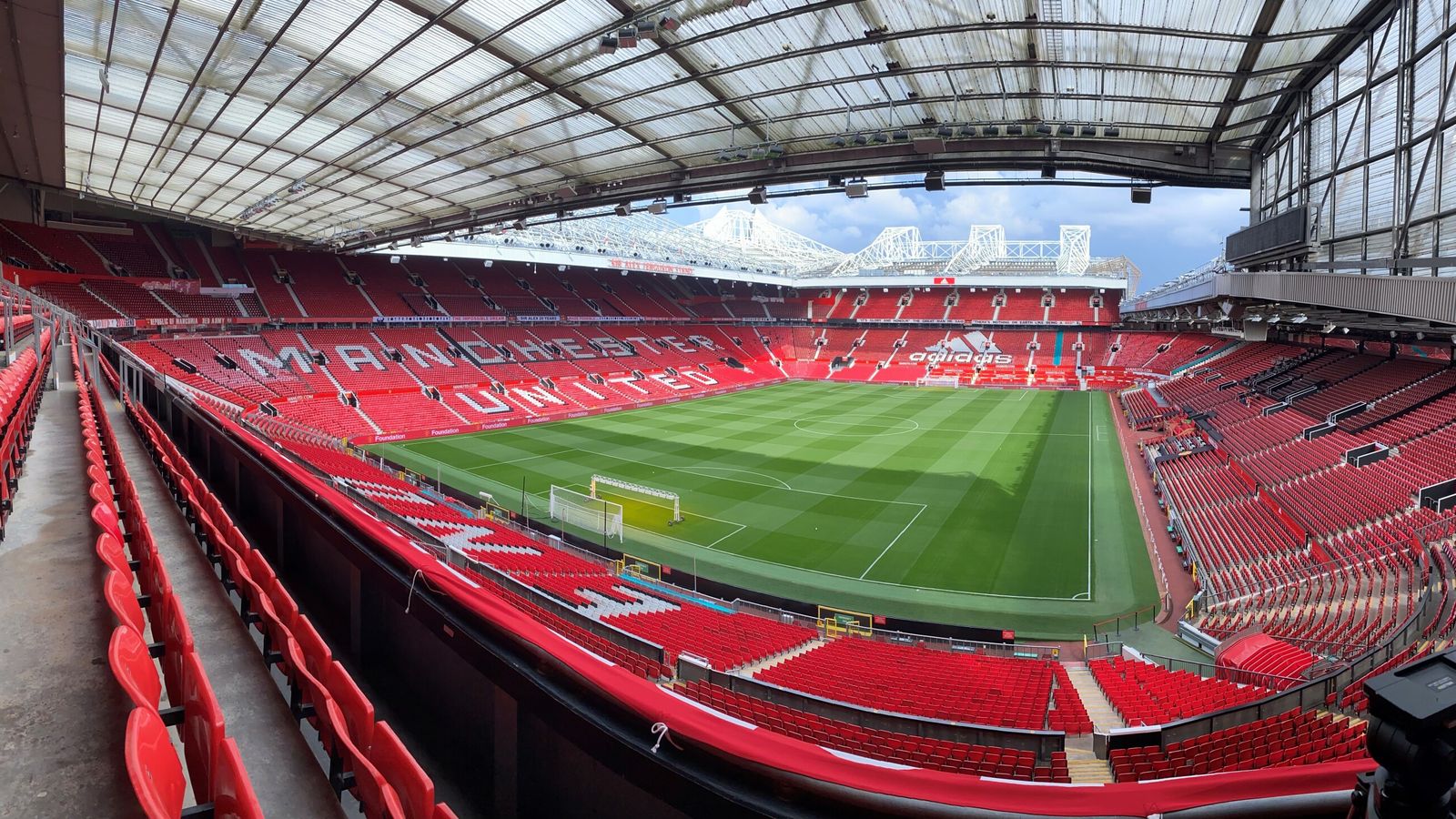Losses at Manchester United reduced in the final quarter of the last financial year, but its debts rose by more than 20% in 2022.
However, the club said in its year-end company results it expected to profit to the tune of £100m to £110m next year, before the figures are adjusted for interest, taxes, depreciation, and amortization.
But for now, year-end losses and debt rose at the organisation controlled by the American Glazer family.
In reporting on its financial performance for the year that ended in June, United said net debt had reached £514.9m, an increase of 23% from the £419.5m recorded for the same period last year.
The cost of living crisis had visited Old Trafford as poor results were blamed on increased utility costs, the weak pound, and the absence of a summer tour in July 2021, said the club’s chief financial officer Cliff Baty.
Overall losses topped £115m, an increase from £92m at the end of the last financial year. But in the final three months of the year the loss reduced to £70.7m, down from the £107.7m loss reported for the same three months a year earlier.
That narrowed loss came thanks to record ticket sales for the 2022/23 season and a 55% increase in women’s season tickets sold for the upcoming campaign.
Manchester United owners warned they have ‘run out of road’ and should sell up
Manchester United: Sir Jim Ratcliffe’s determination should on no account be underestimated
Manchester United fan and billionaire Sir Jim Ratcliffe interested in buying club
It comes despite annual revenue in the company, listed on the New York stock exchange, having risen to £583m, up from £494m a year ago. Revenue will increase again next year to between £580m and £600m, the company outlined on Thursday.
Record tour revenues were published in the results as more than 350,000 fans attended matches across three continents, four countries and five cities.
Record were also broken in e-commerce revenues, memberships and digital engagements.
New digital products, such as non-fungible tokens (NFTs), were rolled out under a new Digital Products & Experiences department, created to drive new revenue streams.
CEO Richard Arnold, who took up the reins in February, said: “While there is a lot more work to do, everyone at the club is aligned on a clear strategy to deliver sustained success on the pitch and a sustainable economic model off it, to the mutual benefit of fans, shareholders, and other stakeholders.”
Arnold was not the only new addition to the club leadership as the men’s team welcomed new manager, Dutchman Erik ten Hag, the fifth permanent team manager since Alex Ferguson ended his 26-year reign in 2013.
The women’s team had been strengthened with the addition of seven new players.






